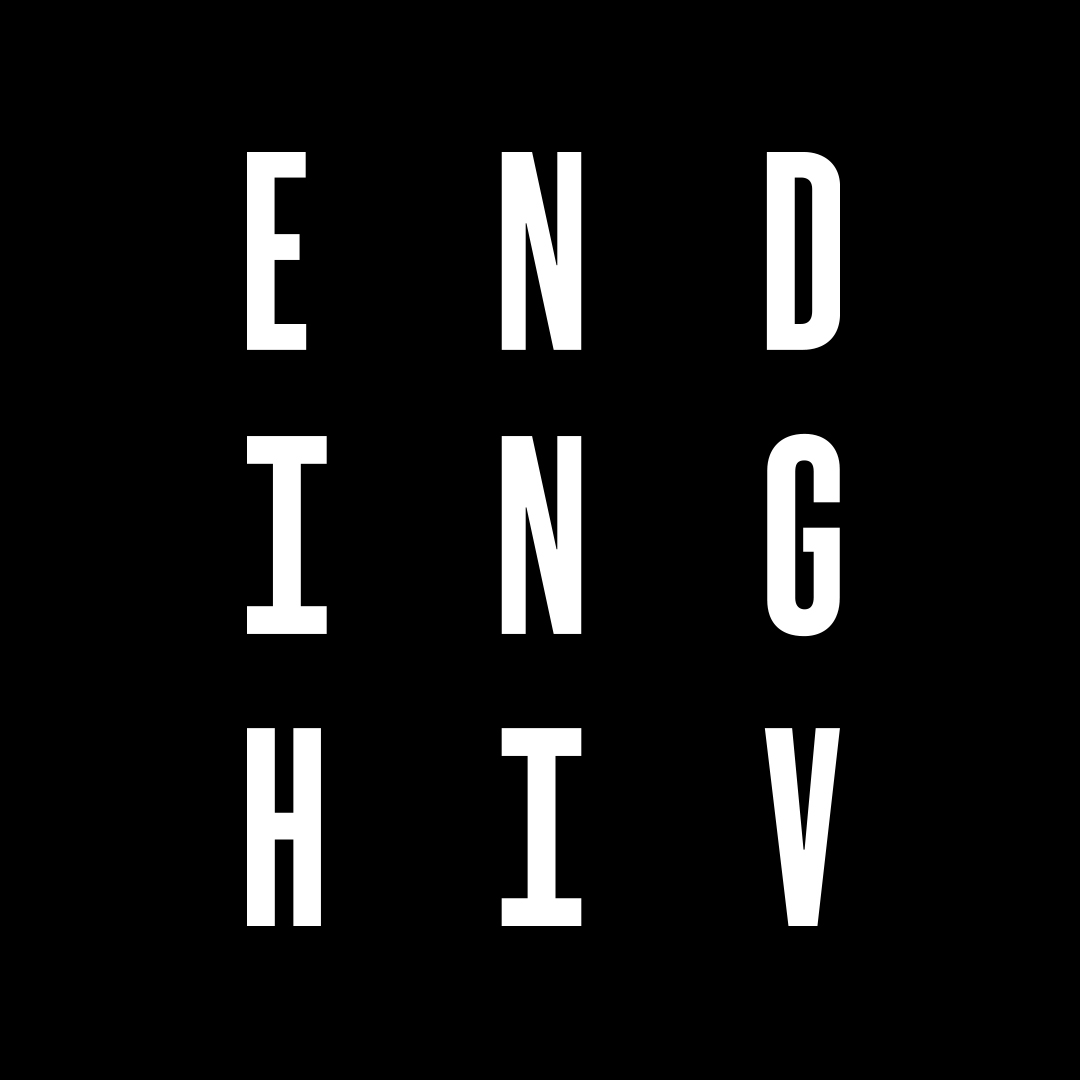HIV myths busted
There is a lot of misinformation out there when it comes to HIV, both with how it’s transmitted and what it’s like living with HIV today. So, for guys who are newly-diagnosed, at the moment you were informed you have HIV, it’s pretty normal to have a lot of questions and feel like it’s the beginning of the end.
Well, we’re here to tell you it’s not!
Getting hold of accurate and up-to-date information is the first step towards taking control of HIV. Knowledge is power – once you know more about living with HIV, you’ll be in a better place to deal with it.
Myth #1 – This is the end of my life
HIV is NOT a death sentence. HIV treatment has come a long way since combination therapy first became available in the 1990s. The number of pills required daily has significantly reduced and treatment has become more effective and easier to take. Before these improvements some people used to experience high levels of toxicity and severe side effects from treatments, but this is now extremely rare. Due to these advances in treatment, most people diagnosed with HIV today can expect to live active and long lives into old age – much the same as their HIV negative counterparts.
Myth #2 – My sex life is over
The good news is that your sex life is definitely not over! For some guys, after receiving a positive diagnosis, it is very normal for sex to be the furthest thing from their mind. For others, receiving a positive diagnosis has no impact on their sex lives at all. Both responses are perfectly normal.
The benefits of modern treatment and our understanding of undetectable viral load means that it’s possible to still have a sex life while living with HIV and have no risk of transmitting HIV to your partners. Sounds unbelievable – but it’s true!
Myth #3 – I will get AIDS
In modern Australia, it is increasingly rare for a person’s HIV infection to progress to AIDS (Acquired Immune Deficiency Syndrome). With treatment, the virus can be controlled and with proper adherence it may never progress to a life-threatening stage such as AIDS.
AIDS is a condition in which HIV severely weakens someone’s immune system, making them vulnerable to cancers and infections. Detecting a HIV infection early, along with the quick initiation of treatment is key to good health and preventing an AIDS diagnosis.
Myth #4 – I am afraid of infecting my partner. People have told me that even if I achieve an undetectable viral load, it isn’t safe!
Being HIV positive does not mean that you are going to infect your partner(s). You can still have a fulfilling sex life, and you can help to ensure that your partner, if HIV negative, stays HIV negative. Maintaining an undetectable viral load by taking HIV treatments as prescribed stops the onward transmission of HIV.
This is commonly known as ’Treatment as Prevention’ (TasP) and is considered one of the most effective risk reduction strategies for preventing the transmission of HIV, alongside condoms and pre-exposure prophylaxis (PrEP).
Myth #5 – I’ve discovered this rash on my body – it must be caused by the virus
Chances are, probably not. It is quite normal to become much more vigilant about your health and notice things about your body that you might not have noticed previously.
This happens to many people who are living with a range of different health issues and can be a response to a new diagnosis. Rashes and other flu-like symptoms can happen to some people during the seroconversion period (the period of time after exposure to HIV when you go from being HIV negative to being HIV positive). These symptoms are rarely serious and do not happen to everyone.
If you are worried about a rash or any other symptoms, speak with your doctor or another HIV health clinician.
Myth #6 – I will experience side effects from HIV treatment
Improvements in treatment have meant that most people living with HIV will encounter little to no side effects from their medication. If side effects occur, they are usually mild and last for a short period of time. If they prolong, then it’s possible that your doctor can find an alternative treatment for you.
Speaking with your doctor or peer-based organisation can give you the facts on HIV treatments today.
Facts, not myths
Living with HIV today is very different to what it has been in the past. In fact, the success we’ve seen in improving treatment and bettering the quality of life for people living with HIV is something to be celebrated!
Find more information about living with HIV and how to get support.
You might also consider joining a[STARTx], a one-on-one peer support program where you can be connected with other guys who are living with HIV. This is a great option if you want to talk to someone about your experience without necessarily speaking to a counsellor.
